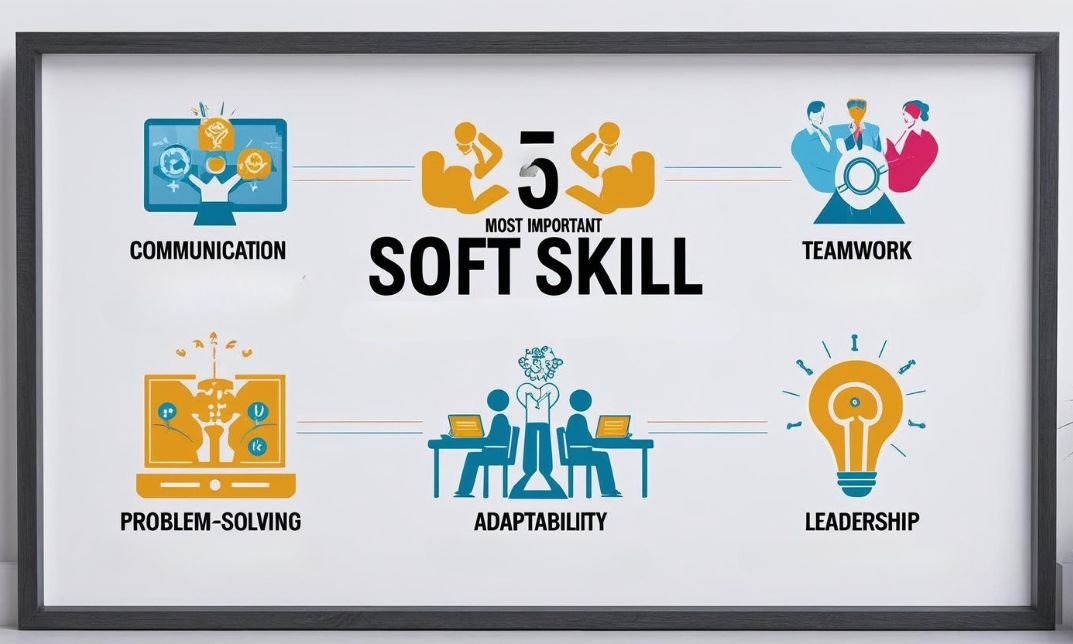No products in the cart.
Let’s face it: staying productive can sometimes feel like an uphill battle in today’s world. But what if I told you that a little mindfulness could be the game-changer you need? In this blog, we’re diving into 10 Mindfulness Tips to Increase Productivity that can help you regain control over your day.
From simple breathing exercises to mindful breaks, we’ll explore practical strategies that can seamlessly fit into your daily routine. So, if you’re ready to turn chaos into calm and supercharge your productivity, keep reading!
What is mindfulness?
Mindfulness is the method of being fully present and engaged in the moment. Specifically, it means paying attention to your surroundings, feelings, and thoughts without judgment. People often link meditation to mindfulness, but they can also apply mindfulness to daily tasks like eating, working, and walking.

How does mindfulness improve productivity?
Mindfulness can boost productivity by improving focus, lowering stress, and improving clarity.
- Increases creativity: Mindfulness can boost creativity by allowing us to explore new points of view.
- Improves decision making: You can make better decisions and respond more efficiently to changing situations when you are aware of your thoughts and feelings.
- Reduces stress: When you focus through mindfulness, you actively lower stress and anxiety. Productivity can be raised by having a better ability to concentrate on work without being sidetracked by worry or negative thoughts.+
- Increases focus: Reducing distractions and increasing attention span are two ways that mindfulness helps focus on the task at hand.
10 Mindfulness Tips to Increase Productivity
The goal of mindfulness is to increase your awareness of the specifics of your psychological, emotional, and bodily processes. To start, consider adding a few of these time-saving strategies to your everyday routine. Additionally, keep an eye on what works and what doesn’t for you to create a long-term strategy.
Stop multitasking
Attempting to multitask by balancing multiple weekday responsibilities at once is frequently attractive. However, even while it might seem productive, this rarely yields the best outcomes. Instead, focusing on a single task at a time will enable you to do it faster and better, allowing you to move smoothly on to the next one.
Take a break
Taking breaks can help reduce stress and boost productivity, which may sound odd when discussing how to be effective at work. Furthermore, employees are guaranteed regular breaks in many workplaces. Therefore, make use of this time to recharge your mind and return with fresh inspiration.
Set small goals
Big projects or activities can be intimidating, and we often overestimate how long it will take to complete them. To address this, break tasks into manageable milestones that build momentum toward completion.
Time blocking
Time blocks are a well-known and proven productivity technique. You can consciously choose to allocate a “block” of time to a particular assignment by including time block frames in your working routine.
Typically, time blocks consist of 60- 90 minute halves. You gain a clear visual guide for your workday when you implement time blocking. You could want to colour-code your chores or print out the calendar.
The five-minute rule
Try the five-minute rule if you struggle with procrastination. You may cut out a lot of the reasons why you don’t start by making a commitment to yourself that you will only work on an unfinished activity for five minutes. Just five minutes is all that most people need to write an email, do some research, finish some paperwork, or lay out a new job.
The little tasks you finish in the allotted five minutes nevertheless add significantly to your total production, even if you go on to another worthwhile endeavour.
Representative
Examine your daily responsibilities and determine which ones to assign to other team members if you work in a group. Offloading labour you don’t want to do isn’t the goal of delegation. It’s about making sure that everyone participates in the projects that best fit their availability and skill set.
Entrepreneurs often attempt to balance all aspects of their firm. Tasks like social media content can be assigned to freelancers or new hires giving up more time for more substantial projects.
Limit distractions
It is quite common to become sidetracked, and concentration is not necessarily innate. But it’s an expertise that can be learned. Use a productivity tool like Freedom, put your phone in aeroplane mode, or turn off your notifications.
The Pomodoro method is frequently employed to finish activities and avoid distractions. Users engage in timed sprints of 20 to 30 minutes after setting a timer and clearing their environment of any distractions. One of the best ways to improve your capacity to focus for longer lengths of time is to be aware that you only need to focus for brief durations of time.
Do the hardest thing first
It can be attractive to prioritise short-term gains over challenging or time-consuming efforts. Starting with the hardest chores of the day will increase your motivation for the rest of the day. Think about completing these larger activities first thing in the morning or when you are most productive.
Identify most productive
The conventional 9-5 is dwindling in popularity as remote work and COVID-19 have emerged. As a result, the idea of working more productively has gained traction due to flexible and hybrid working arrangements. Everybody is unique. While some workers are more productive after lunch, others perform at their best in the morning. Therefore, one of the best ways to boost productivity is to determine your peak productivity periods and then plan your day to maximise them.
Set boundaries
Many times, workers are forced to perform duties that are not within their job descriptions. Adaptability and grabbing professional development chances are seen as excellent qualities. However, setting deadlines is just as important. You need to be able to finish your tasks in a reasonable amount of time if you want to be productive and successful. Establishing limits helps you avoid feeling overburdened.
Conclusion
Mindfulness is a very effective strategy for raising output. Making mindfulness a part of your everyday life can help you benefit from the practice and increase your productivity in all facets of your life. If we practice mindfulness, we can do more in less time. It covers some important elements of increasing productivity in business and daily life. This will help us achieve our goals both personally and professionally and reduce stress.
If you practice mindfulness, you can accomplish your goals more easily and purposefully. These techniques support efficient time management as well as emotional balance and clarity.
Check out our Mindfulness Diploma Course for more ways to increase productivity.






